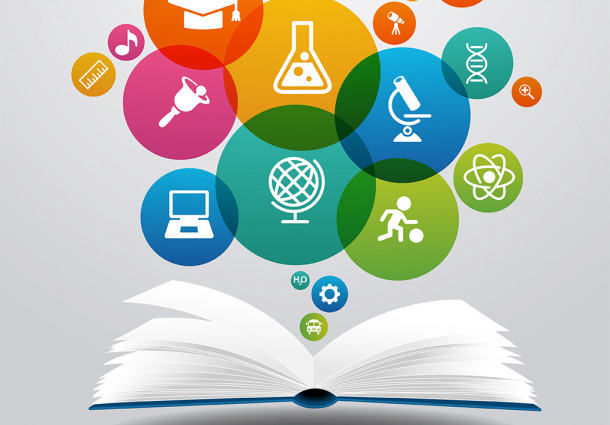Article
Open Science: fulfilling the human right to share in scientific advancement and its benefits

Ms Shamila Nair–Bedouelle, Assistant Director-General for Natural Sciences, UNESCO, opened the event by emphasizing that building back better the COVID-19 pandemic will only be possible if everyone in every country can benefit from the scientific process. She explained that it is imperative to ensure that the scientific process is open and accessible, and thus UNESCO is tasked by its Member States to develop the first international standard setting instrument to provide a global framework for Open Science based on shared values such as quality, integrity, collective benefits, equity, fairness, diversity, inclusiveness. The draft UNESCO Recommendation on Open Science has been developed through an inclusive, transparent and multi-stakeholder consultative process and was submitted for adoption by the UNESCO General Conference in November 2021.
Mr Tawfik Jelassi, Assistant Director-General for Communication and Information, UNESCO, also underlined the human rights perspective and shared from the message from UNESCO Director-General Ms. Audrey Azulay, that: “access to information must be recognized as a pillar of sustainable development, and as an prerequisite for the promotion and the protection of all of human rights.”
Professor Fernanda Beigel, Chair UNESCO Open Science Advisory Committee, delivered the keynote address. Drawing on lessons from the COVID-19 pandemic, she emphasized the importance of timely, free and universal access to scientific information, including publications and data. She continued by explaining that open science is to make the entire scientific process more accessible and participatory, by fostering open access to scientific knowledge and sharing data, protocols, software and infrastructure. Prof. Beigel also shared the ‘Latin American road to Open Science’, which is exemplified by national information systems, regional networks and repositories and national laws.
Following the keynote address, Mr Antonio Novoa, Ambassador of Portugal to UNESCO, moderated a roundtable discussion and endorsed the importance of access to information and the potential of Open Science to bridge knowledge divides between the North and South. During the discussion, Ministers and government representatives from Egypt, Nigeria, Jordan, Malaysia and South Africa acknowledged that Open Science contributes to strengthening the science-policy-society interface and promotes citizens’ engagement in scientific experiments and data collection for the good of humanity. In particular, the African Open Science Platform has been established as a vehicle to strengthen the research enterprise on the African continent.
Ms Niamh O’Connor, Chief Publishing Officer of Public Library of Science, described how open access and open data policies have changed the publishing landscape. She demonstrated sustainable open access solutions and models that protect authors, institutions and funders from the rising costs of selectivity and that remove financial barriers for researchers. Ms Victoria Lovins, Science Policy Interface Platform Coordinator, Major Group for Children & Youth, opined that Open Science can greatly promote an inclusive scientific communication that benefits young researchers’ development. Ms Joji Carino, Senior Policy Adviser, Forest Peoples Programme, highlighted that Open Science is important to indigenous peoples, because the movement promotes the inclusion of knowledge from marginalized scholars in enhancing the interrelationships and complementarities between diverse ways of being and knowing.

